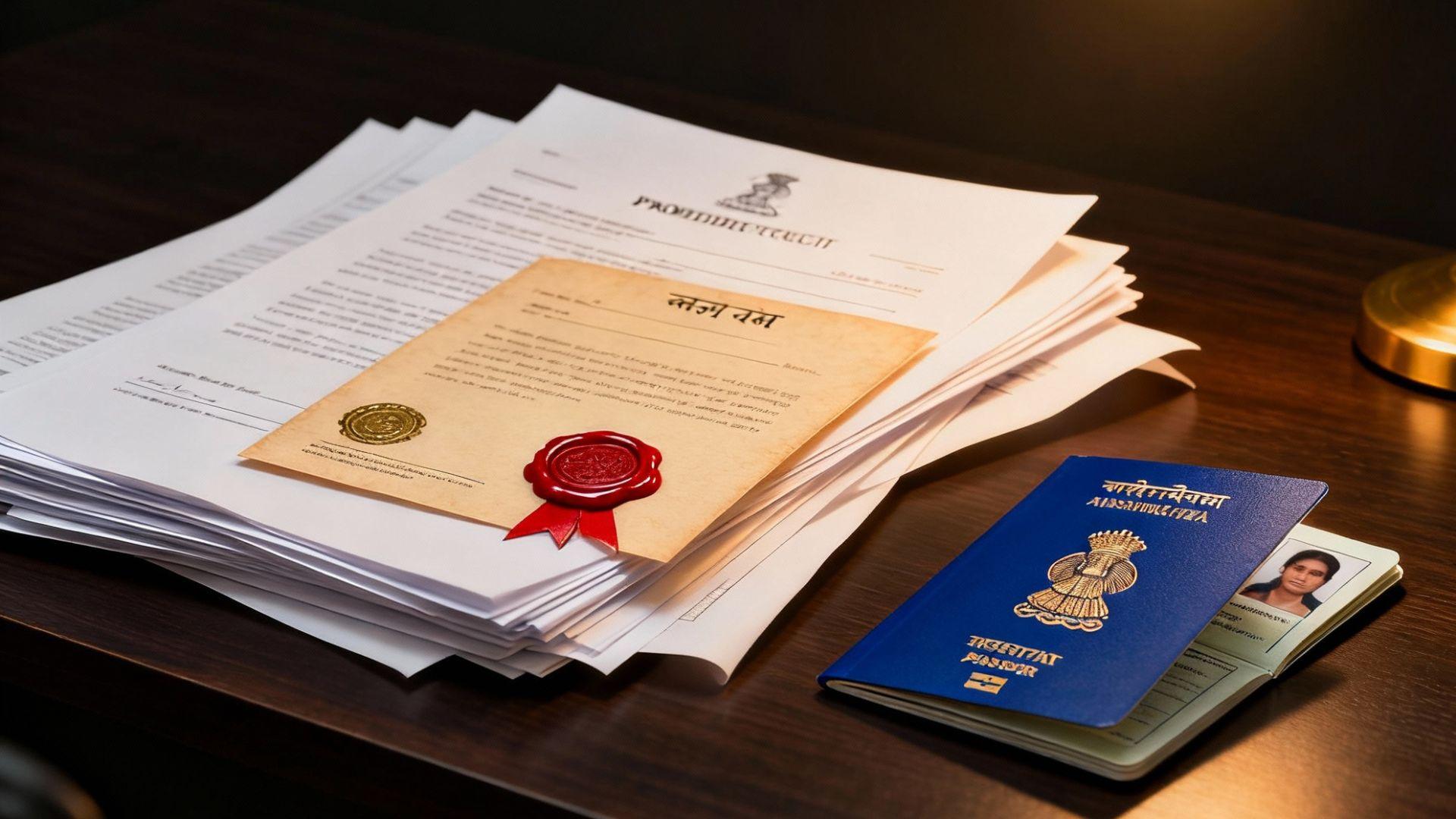Why NRIs Lose Crores of Inheritance in India — And How to Prevent It

Every year, thousands of Non-Resident Indians (NRIs) lose access to crores worth of inheritance in India — not because they are not the rightful heirs, but because they cannot prove it in the eyes of Indian law.
It happens quietly, yet frequently. When NRIs try to claim their parents’ property or financial assets after their passing, they are asked for one critical document — the Succession Certificate.
And for anyone whose parents did not leave behind a Registered Will, obtaining that certificate can be one of the most painful and expensive journeys imaginable.
The Harsh Reality Behind the Process
The Succession Certificate is a legal document issued by a district court in India. It gives the heir the authority to manage and claim the deceased’s assets — such as bank accounts, fixed deposits, mutual funds, and shares. Without it, financial institutions will not release a single rupee.
The process starts with filing a petition in the district court where the deceased last lived or where the assets are located. After that, a 45-day public notice must be issued to invite objections.
Until this certificate is granted, banks are required by law to freeze all accounts. That means the family cannot withdraw funds, make payments, or even access deposits. The same applies to demat accounts and shares — everything remains locked.
For NRIs, the process becomes even more complicated. Every foreign document must be apostilled in the country of residence, and they often have to create a Power of Attorney for someone in India to appear in court. Affidavits and indemnity bonds must be filed, and even the smallest error can send the case back to the start.
The Cost of Delay and Complexity
On paper, it might sound like a routine legal procedure. In reality, it’s a long and expensive ordeal.
Obtaining a Succession Certificate can take anywhere from six months to eighteen months — sometimes even longer if there are objections or missing documents. The costs involved can be staggering. Between stamp duties, court fees, and legal charges, the total expense can easily cross ₹10–20 lakhs.
In Delhi, for example, the court fee alone is 4% of the estate’s value. In some cases, lawyers charge a percentage of the total asset value — as high as 5% — even though such arrangements are not formally permitted under professional regulations. Yet, this remains a market reality.
For a grieving family trying to settle matters from overseas, this process is emotionally draining, financially stressful, and time-consuming.
The Root Cause — and the Simple Fix
Almost every such case has a common root cause: The parents did not leave a Registered Will.
Without a will, the law treats all heirs equally, but the legal process to determine and prove who those heirs are becomes complex. And until the court certifies it, no financial institution can act.
This is where a little foresight can save families years of struggle.
If parents prepare a Registered Will — one that clearly mentions each asset, the legal heirs, and their identifying details — the entire inheritance process becomes smooth, quick, and inexpensive. A Registered Will eliminates ambiguity and ensures that assets are transferred seamlessly to the intended beneficiaries.
What Every NRI Should Do Now
- Update your nominations — Make sure your name is correctly listed as a nominee across your parents’ bank accounts, insurance policies, mutual funds, and demat accounts. This is often ignored but makes anormous difference later.
- Encourage your parents to make a Registered Will — A properly drafted and registered will ensures that ownership transfers are smooth and legally enforceable. It spares your family the delays, costs, and emotional stress of court battles and bureaucracy.
A Message from iwills.in
At iwills.in, we see this situation far too often. Families lose access to what their parents built — not because of legal disputes, but because of missing documentation. We built this platform to make sure that never happens again.
Through iwills.in, you can help your parents create a Registered Will online, specify all their assets, and ensure that their legacy reaches the right hands. It’s simple, secure, and designed for NRIs who want peace of mind.
Because the truth is — it’s not just about wealth; it’s about preserving your family’s trust, dignity, and legacy.